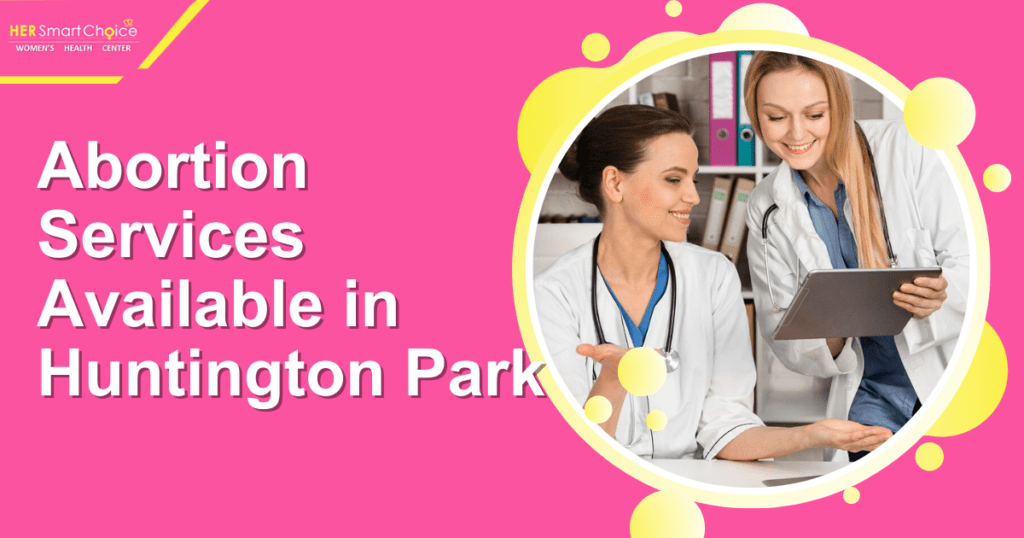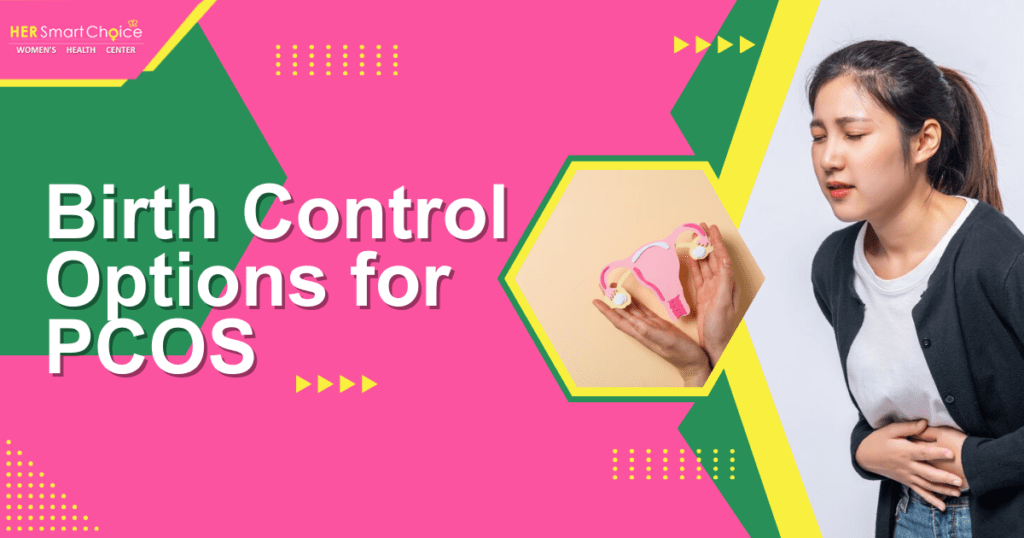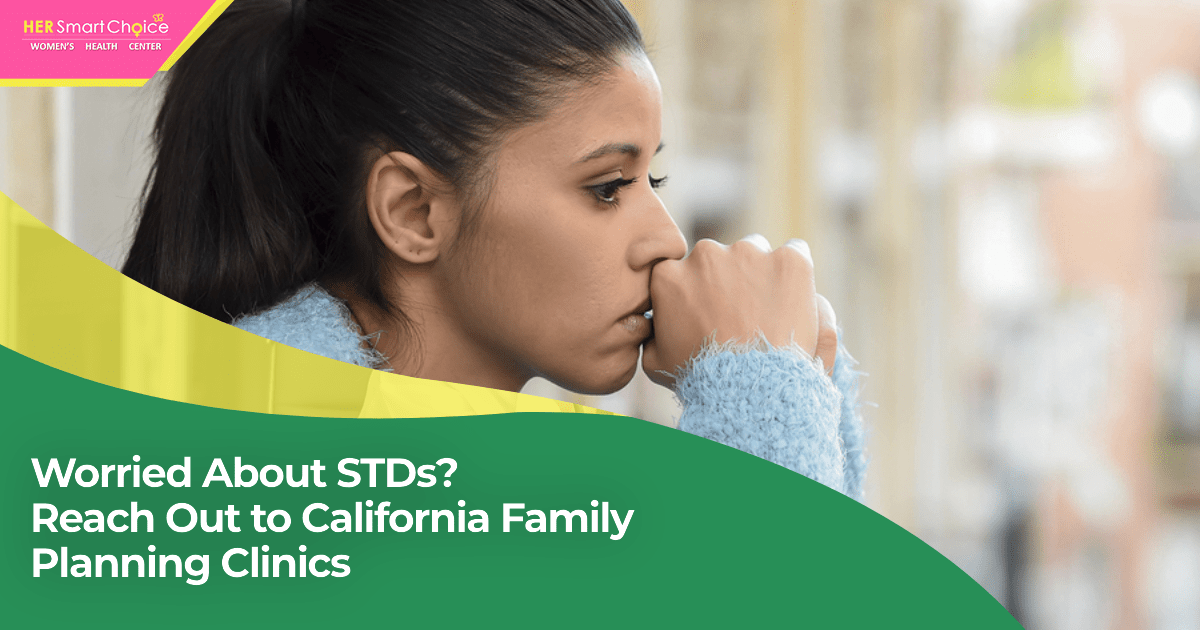Opening the Conversation About Sex and STDs with Your Teenager
Children experience fundamental changes in their body as they go through their teenage years. These changes have a significant impact on their physical as well as mental health. One of the most crucial changes they will go through is gaining the understanding of sexuality and sexual health. Many parents hesitate in discussing topics like sex and sexually transmitted diseases STDs with their children. If you are also one of those parents then this blog is for you. Let’s understand how to open the conversation with your teenager.
Why is it important to talk about sex and STDs with teenagers?
To provide a better understanding
Teenagers need a reliable source of information for getting the right knowledge about such sensitive topics. But, they often get conflicting information from peers, media, and the internet. By having the conversation, you can provide accurate information and guidance. This will help the teen to make informed decisions.
Preventing STDs and Unintended Pregnancies
According to the Centers for Disease Control and Prevention (CDC), young people aged 15 to 24 account for half of all new STD infections. Thus, it becomes crucial to educate teenagers about STDs, including how they are transmitted and how to prevent them. This can help in reducing the risk of infection and unplanned pregnancies.
Building Trust and Communication
These topics are highly sensitive and many people feel hesitant in discussing them with their children. But open communication about such sensitive topics creates trust between the parent and the child. If your child feels comfortable discussing these issues with you, they are more likely to come to you for guidance and support. Especially if they are facing difficult decisions or challenges related to sexuality.
How to start the Conversation?

Start Early
It’ll never be too early to begin talking to your child about sexuality and boundaries. You should use simple language and concepts to gradually start introducing your child to topics related to anatomy, reproduction, and personal boundaries. By doing so, you will make your child comfortable in discussing such problems with you.
Create a Safe and Open Environment
You should choose a time and place where both you and your teenager feel comfortable and relaxed. Assure them with your actions that they can ask questions and share their thoughts without fear of judgment or criticism.
Be a listener
Giving one-sided information can often create a communication barrier between the child and parent. Your child needs to feel heard. So, ask open-ended questions prompting your teenager to share their thoughts and experiences. For example, you can ask, “What have you heard about STDs?” or “How do you feel about learning more about how our bodies work?”
Be Honest and Accurate
Provide factual information about sex, STDs, contraception, and consent. Do not use vague language as that might cause confusion or misunderstanding. Even if there’s an air of hesitance, answer their questions honestly.
Discuss Boundaries and Consent
From an early age you should teach your teenager about the importance of setting boundaries and respecting the boundaries of other people. Highlight the concept of obtaining clear consent before engaging in any sexual activity.
Talk about Peer Pressure
Many teenagers feel overwhelmed with peer pressure. You should discuss peer pressure, social media, and popular culture. You should help your teenager in developing critical thinking skills so they can correctly interpret the messages they get and make decisions that align with their values and goals.
Keep the Conversation Going
Having the first open conversation can help a lot. But that is just the beginning of many more such conversations. You should keep having these conversations regularly. So that your teenager always feels welcomed in times of need.
Conclusion
Talking about such sensitive topics is not an easy task. But you must establish trust with your child. The information that you provide can have a significant impact on the decisions that your child will make in the future. Still, if you feel like you might not be the best communicator, you can always seek professional help. Many family planning clinics in Van Nuys have experts who can provide your teen the necessary knowledge. They can help in making your child comfortable in discussing these topics. Remember, the goal is not to have a single “talk” but to have an ongoing conversation and provide your child the support they need for growth and development.
































